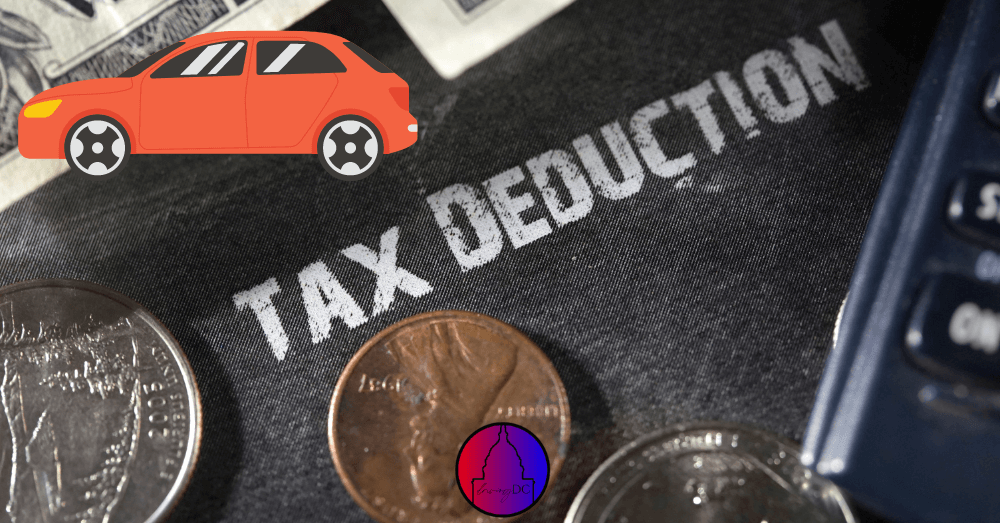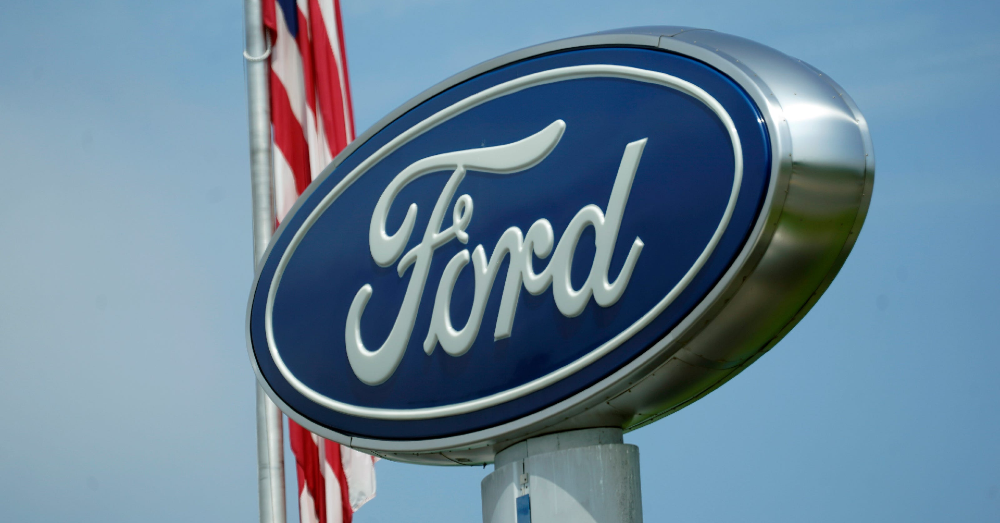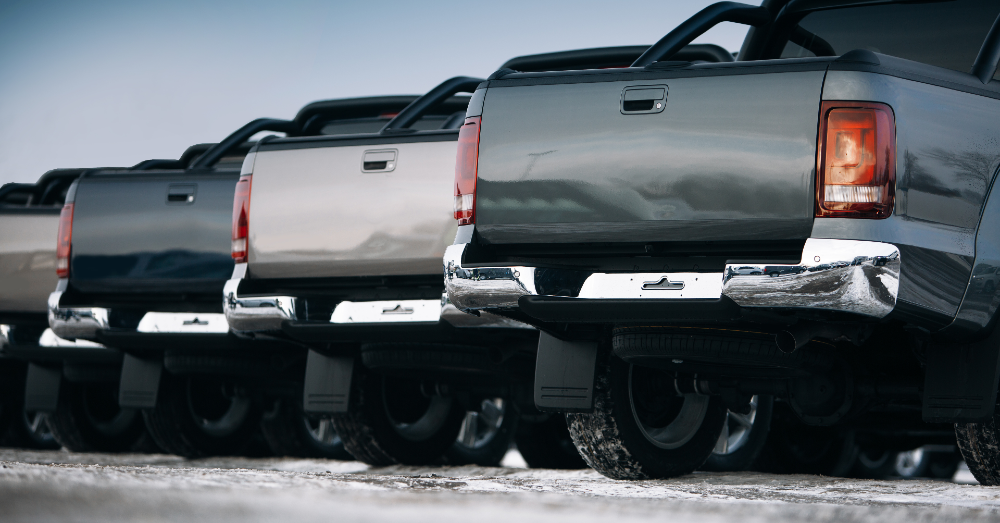
D.C. Introduces New Tax Targeting Heavy Vehicles
In an effort to curb pedestrian fatalities and increase safety in our nation’s capital, Washington D.C. is proposing a first-of-its-kind fee for heavy vehicles. The proposal targets heavy pedestrian vehicles that weigh more than 6,000 pounds. This weight discrepancy would apply to a majority of SUVs and trucks including a Chevy Silverado, Suburban the Audi Q7 SUV, and a Chrysler Pacifica minivan.
How Much Will D.C.’s “Heavy Vehicle Tax” Cost?
The proposal which has been received with mixed emotions was included as a provision in the city’s 2023 Budget approved by the City Council.
The provision would require owners of heavy vehicles to pay more in order to register their vehicles. The increased tax will depend on the vehicle’s weight but the standard tier system is as follows:
• Drivers with vehicles weighing over 6,000 pounds will pay an annual $500 registration fee, nearly three times more than the $155 tax they currently pay.
• Drivers who own vehicles that weigh more than 5,000 will pay $250 instead of $155.
• Drivers who own vehicles that weigh between 3,000 and 5,000 pounds will have to pay $175 instead of $115.
• Drivers who own cars weighing 3,500 pounds or less will pay $72 and will not see a tax increase.
Safety at the Center of Controversial “Heavy Car Tax”
The proposed “heavy vehicle tax” was born out of a mission to protect pedestrians through the greater D.C. area. According to an analysis from the Urban Institute, fatalities among pedestrians have continually risen over the years with an estimated 18 pedestrians including cyclists dying each year because of vehicle-related deaths.
Ward 3 Council member Mary Chen shares with local outlets that the district has just over 279,000 vehicles registered. Among those registered are over 13,750 vehicles that weigh over 6,000 pounds.
Chen goes on to explain that the new measure was brought on because of three major reasons, “One: It affects our roads greatly. Second: It’s bad for the environment. Third, and here’s something I want people to think about, if you are struck by one of these heavy vehicles … you’re two to three times more likely to die from that encounter if you’re a pedestrian or a cyclist.”
What Do D.C. Drivers Have to Say About New Vehicle Tax?
Unsurprisingly, many D.C. residents are not welcoming this tax hike with open arms. Many drivers argue that the new tax hike is targeting residents making it harder for them to afford necessities, especially during a time when prices seem to be rising across every aspect of life.
David Comfort, The General Manager of King Buick GMC in Gaithersburg, Maryland shares with local outlet NBC4 Washington, “D.C. already charges the most in sales tax, but we’re supposed to be helping the working-class citizens. You know, these folks that are drywallers or plumbers or painters. You know, these vans that they need, they’re all over 6,000 pounds.”
Comfort goes on to add that this new tax hike will also hurt families and those who are most vulnerable. “So what am I supposed to do if I decide to have a family of five. What am I supposed to drive? So now I’m getting penalized because I want to have kids or if I have a child that needs a wheelchair and I have to put a wheelchair lift in a van.”
As drivers contend with how they will deal with this new tax hike, drivers are looking for creative solutions to cope. Some experts weigh whether this new tax hike could push drivers into making the switch to electric or hybrid vehicles. Like many localities, D.C. offers certain advantages for drivers of electric or hybrid vehicles such as subtracting 1,000 pounds from their vehicle to help minimize fees.
For other drivers who can afford to, now might be a better time than ever to get a tax deduction for a car donation by ditching their truck or SUV altogether and opting for a smaller, eco-friendly vehicle.
Next Stages for Heavy Vehicle Tax
The city’s budget with the included provision has been sent to D.C’s Mayo Muriel Bowser where it is expected to be signed in the coming weeks. Once implemented, the provision is expected to generate an estimated $40 million over its first five years. Counsel member Chen details that the funding will go to paying for street safety funding.
This post may contain affiliate links. Meaning a commission is given should you decide to make a purchase through these links, at no cost to you. All products shown are researched and tested to give an accurate review for you.



